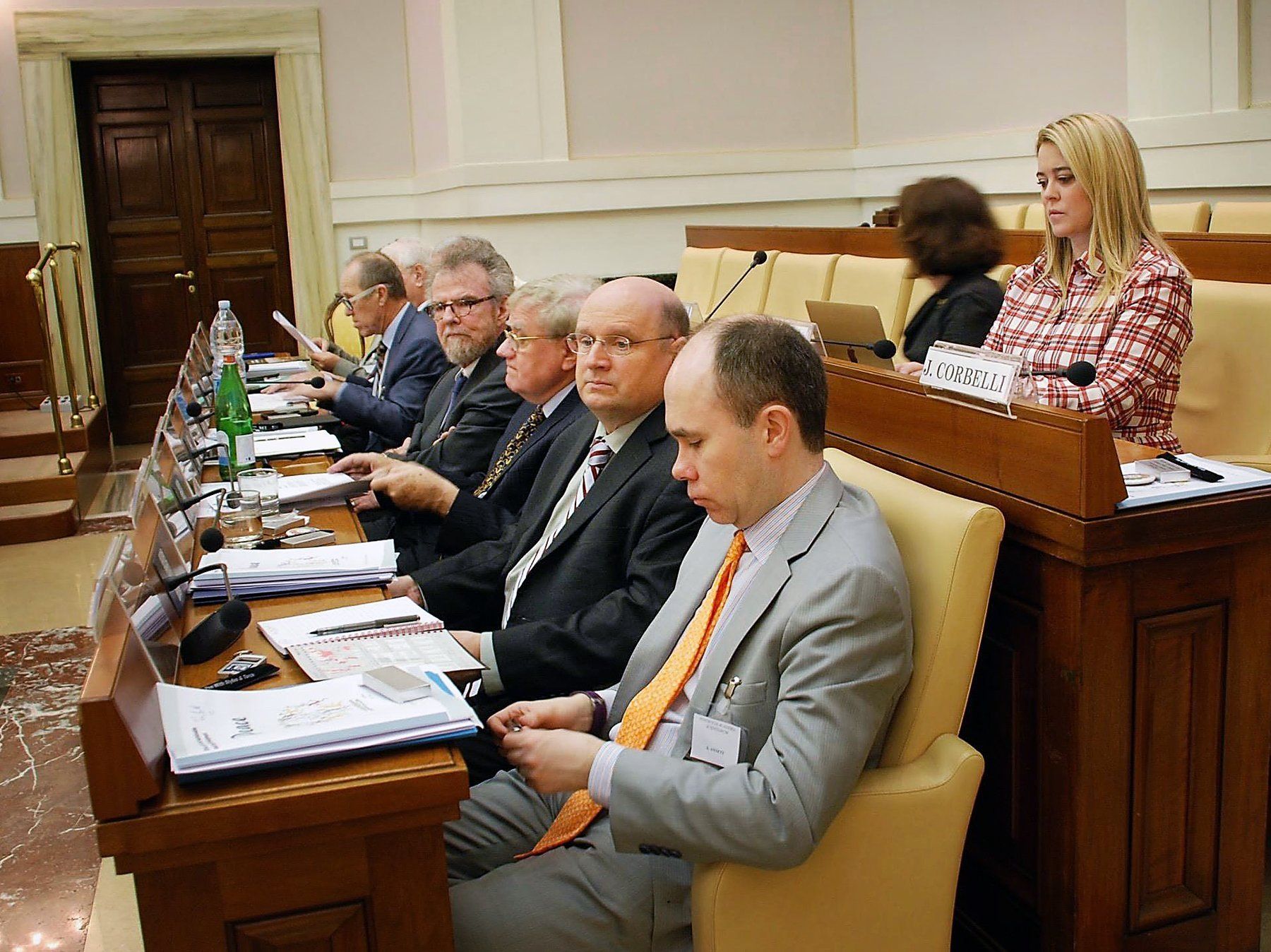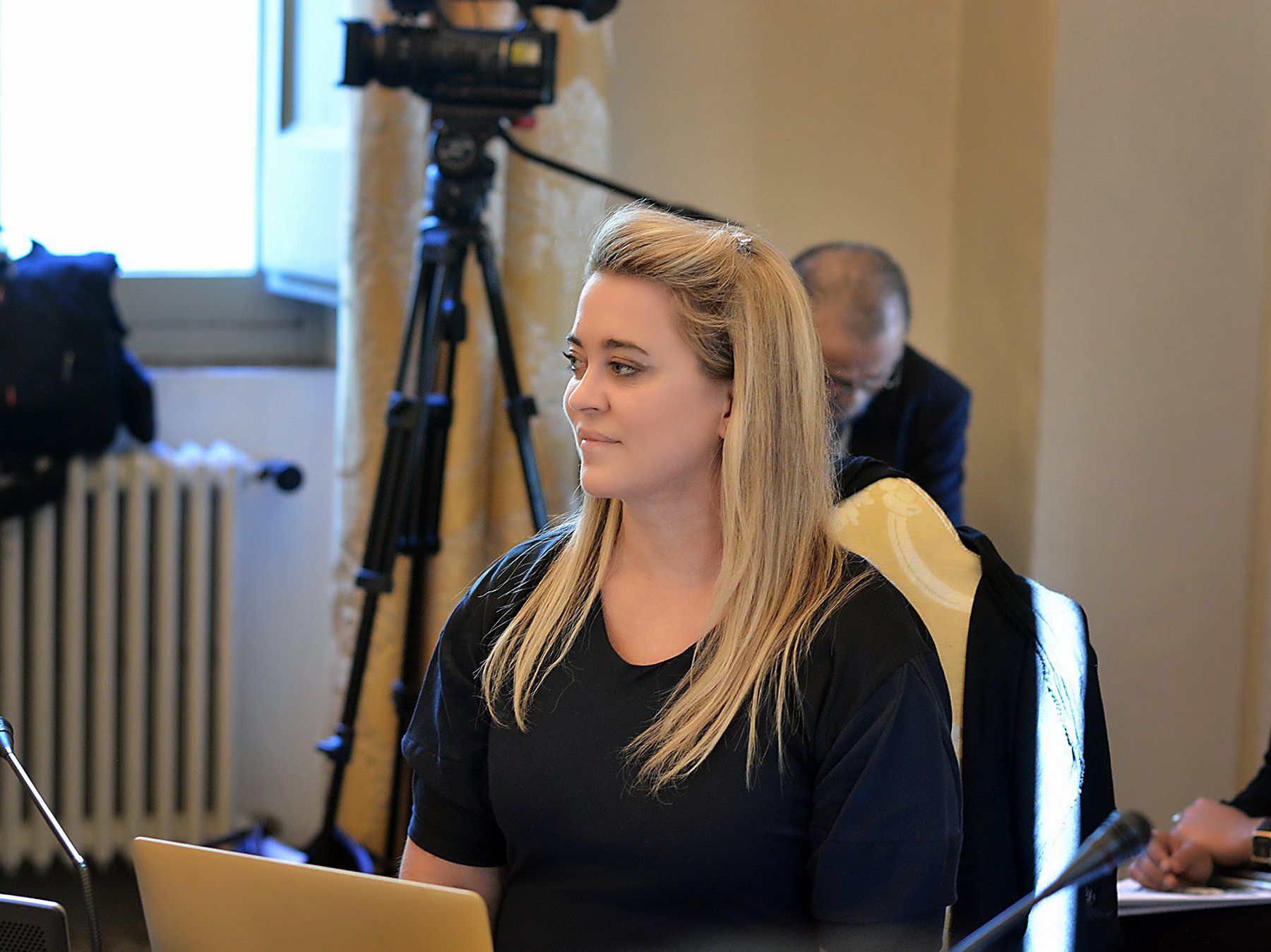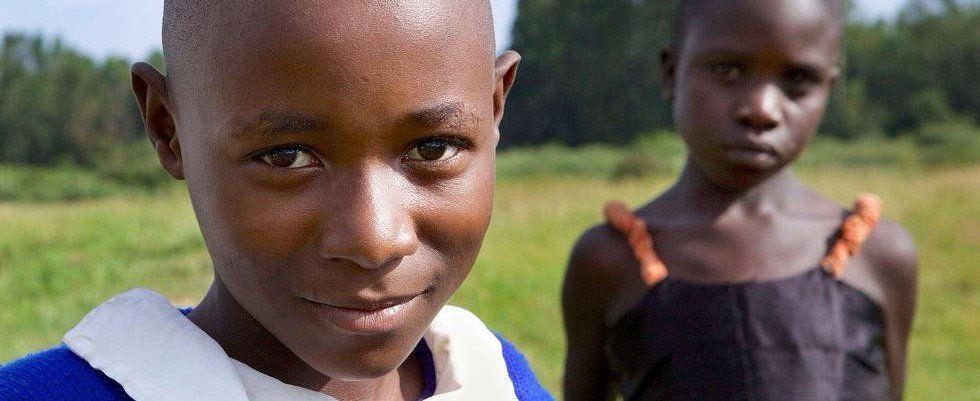Ethics In Action
Actions That Engage
Ethics In Action
Calender
The three core goals of sustainable development—ending poverty, ending exclusion, and protecting creation—demand the activation of universal ethical principles including human dignity, social justice, the common good, and shared well-being. As Laudato Si’ demonstrated, common ethical concerns of the major world religions helped the world to adopt common goals for our “common home,” most notably the Sustainable Development Goals (SDGs). Yet this initial synergy among religious, social, and political leaders needs, for its full realization, a renewed orientation of values and ethics in relation to seven unprecedented challenges:

What We Do
After the election of Pope Francis in 2013, Blue Chip Foundation participated in a series of discussions at the Vatican on the topics of poverty, the environment, and other sustainable development related issues. Evolving from these discussions, Blue Chip established the Ethics in Action initiative to explore challenges in the moral dimension essential for human flourishing.
Ethics in Action for Business promotes a moral framework to strengthen the personal spiritual transformation of business leaders and individuals. In pursuit of universal livelihood, Ethics in Action for Business assists in guiding corporate activities with an attention to human dignity, social justice, the common good, and a shared well-being of every individual. Prioritizing human dignity is essential for reversing deeply rooted and damaging outcomes that are associated with the profit-centric practices that are universally practiced in market economies.
Based on Pope Francis’ Laudato Si’ encyclical, Ethics in Action organizes multiple sessions to explore the moral dimension of sustainable developmentchallenges surrounding poverty, peace, migration, corporate responsibility, education, the environment, slavery, indigenous peoples, corruption, and employment. The encyclical outlines the essential need for adopting ethical principles and values in support of environmental and humanitarian solutions to overcome these challenges.
Beyond technical solutions that are necessary for sustainable development, the investigation and inclusion of moral and ethical principles are essential for human welfare.
The group will work over three years, beginning in late 2016. It will meet at the Casina Pia IV, headquarters of the Pontifical Academy of Sciences (PAS) and the Pontifical Academy of Social Sciences (PASS), drawing on the academicians of the PAS and PASS together with invited specialists for each of the eight topics. The group will aim to produce a set of significant recommendations for Ethics in Action: ways to apply ethical principles and values shared across the major religions to support solutions to the major global challenges. The group will not aim for technical or policy solutions to these great challenges. Rather, it will focus on the underlying ethical principles and values absolutely needed to mobilize the human spirit to find liberating solutions to these great challenges in the defense of human dignity and liberty, the promotion of the common good, social justice, and shared wellbeing in true solidarity.
The Challenges
- Global climate change and destruction of the intricate web of life, caused by economic activity
- Poverty and deprivation of “work, shelter, and land,” in the midst of great plenty
- Modern forms of slavery, human trafficking, forced labor, inhumane work conditions, the sale of organs, commercial sex work, and diverse forms of organized crime
- Corporate power and structures of corporate abuse unmoored from public purpose and free from public oversight
- Mass migration caused by regional violence and environmental degradation
- Inter-communal violence exacerbated by failing states and rapidly widening economic inequalities
- The dramatic shortfall of educational opportunities, with half of the world’s children not receiving an adequate education or outside of school entirely due to poverty, conflicts, environmental disasters, forced migration, modern slavery, or other abuses.
Business
The Ten Corporate Commandments
- Produce Goods and Services not only for Markets but also for the Common Good
- Promote Sustainable Development
- Extend Responsibility and Accountability to All Stakeholders
- Act in Accordance with the Universal Destination of Goods
- Eliminate all forms of Modern Slavery
- Ensure Environmental Sustainability
- Link Profit to Social Benefit
- Commit to Responsible CEO Compensation
- Do Not Seek Or Exploit Monopoly Power
- Do Not Bribe, Evade Taxes, or Commit Financial Fraud
Education
- To engage the young brain.
- To inspire young students to be interested and open to learning.
- To build solidarity, ethical reflection, and moral skills, especially by enabling children to teach children and live in harmony with one another.
- To foster global citizenship, cosmopolitan responsibility, and a culture of peace.
- To emphasize the goals of critical analysis and empathy to diminish the susceptibility of youth to demagoguery, fake news, and demonization of the other.
- To use sport, the arts, music, and culture to inspire the young mind;
- To utilize new technologies for multilingual education, connectivity, global literacy and numeracy, coding, and the new potentialities of ICT-enabled instruction.
- To allow adults to develop new skills and continually learn.
Migrants
Ethics in Action pledges:
First, to be guided by best practices on mental health and trauma, legal protections, education, and well-being of asylum seekers, refugees, and irregular migrants in varied destinations.
Second, to call upon all stakeholders—religious communities, civil society, business and government—to take concrete steps to end wars, stop the arms trade, overcome poverty, and halt manmade environmental degradation and climate change, as guided by Laudato Si’, the Encyclical of the Holy and Great Council of the Orthodox Church, the Sustainable Development Goals (SDGs), and the Paris Climate Agreement.
Third, to push for a political response to migrants guided by three levels of responsibility:
- “in case of need all things are common” (such as accommodation, food, housing, security, etc.)
- “organic participation” in the economic and social life of the nation...will allow people to develop their own abilities.
- A deeper sense of integration...understood as St. Augustine’s "tranquility in order".
Fourth, to work with the United Nations to support the intergovernmental negotiations on a new UN Migration Compact to address large movements of refugees and migrants. International migration policy should be based on a co-responsibility between origin, transit and destination countries—this includes distribution mechanisms for refugees based on international agreements (ideally within the United Nations) and compensation by the rich countries for the first-entry countries that carry the largest burden.
Fifth, to encourage and promote humanitarian corridors targeting the most vulnerable asylum seekers and refugees, especially in nations that have space. One such positive example is the program created by the Governor of San Luis in Argentina.
Sixth, to help religious leaders of all major faiths to proclaim the common value of all religions in extending generous solidarity toward migrants and refugees, including by acting together. For example, the “Faith over Fear” campaign of Religions for Peace and UNICEF seeks to mobilize religious communities to welcome and support refugees. The Alliance of Civilizations is also called upon to prioritize this concern.
Seventh, to support the Holy See’s new Dicastery for Promoting Integral Human Development in its mission to help the Church accompany refugees and migrants, and its institutions to protect and support them in their daily struggles (see Annex).
Eighth, to mobilize key stakeholders—the UN, development leaders, businesses, high net-worth individuals, and religious communities—to mobilize and direct billions of dollars of new financial resources to achieve the SDGs, including the protection of migrants and the end of human trafficking and modern slavery.
Ninth, to promote moral education—among children and adults alike—to inculcate the norms, virtues, and values of empathy, compassion, solidarity, and care for our common humanity and common home, which incorporates obligations towards migrants and refugees.
Tenth, to encourage businesses to provide decent work and employment opportunities for newcomers so that they may in turn support their families in dignity and security and contribute to their community. This includes finding creative and effective solutions in using technological advances in service of the common good.
Eleventh, to encourage governments to increase budgets for peace and support for sustainable development, not for arms and military spending—the best response to the migrant crisis is to cultivate solidarity for people and care for the planet, not wars.
Peace
Advocacy
- Request the UN Secretary General to put the issue of religion and peace on the UN Security Council agenda during 2017 in support of global peace and sustainable development.
- Recommend the creation of an Inter-Religious Contact Group for the UN Secretary-General and UN Security Council.
- Devise and implement a media-savvy, cross-cultural, inclusive strategy to change the narrative about Islam in the United States and Europe, and minority communities in Islamic-majority countries.
- Push for the establishment of a fund to reduce military spending and divert resources to finance sustainable development (the “Isaiah Fund” or the “Pope Paul VI Fund”).
- Push for a world free of nuclear weapons (following the call of many religious leaders, including Pope Paul VI’s plea for multilateral disarmament at the United Nations in 1965 and Pope Francis’ moral condemnation of nuclear weapons in his 2017 World Day of Peace Message).
- Push for full implementation of the Paris Agreement, and raise awareness of the links between climate change and conflict.
Engagement
- Produce a joint public statement by religious leaders, that represents a collective call to action for reawakening morality and ethics to underpin the promotion of positive peace.
- Widely promote the virtue of non-violent conflict resolution.
- Ensure wide participation by religious leaders and communities in the worldwide climate march on April 29.
- Organize an Ethics in Action/Religions for Peace campaign for healing and reconciliation in Syria.
- Develop and disseminate through religious networks an Ethics in Action education curriculum to promote the culture of peace.
- Work with foundations to support grassroots inter-religious initiatives in conflict-ridden multi-religious communities.
- Reach out to leaders of nuclear disarmament groups to offer the support of religious leaders and communities.
- Use and deepen the channels of communications of peace, in the pulpits, the congregations, and through social media.
Poverty
Actions:
Financial transfers to the poor
The Ethics in Action Working Group supports a combination of the following measures to ensure an effective and predictable transfer of resources from the rich countries to the poor countries so that these countries can achieve the SDGs to end poverty.
- Establish a Global Fund for Education to mobilize the incremental $40 billion needed each year to provide universal education to secondary level in all low‐income countries.
- Divert up to 10 percent of the current global military spending— approximately $1,700 billion a year1—to finance initiatives to reduce poverty and exclusion. This could be called the “Isaiah fund” or the “Pope Paul VI fund.”
- Tax anonymous wealth held in tax havens at a rate of up to 1 percent, raising as much as $200 billion per year.
- Establish a billionaires’ Fund for the SDGs endowed by at least $200 billion.
- Urge all wealthy countries to honor the commitment to 0.7 percent of GDP in ODA.
Social Activism for the Poor
In addition to financial support, the poor need global solidarity to defend their basic human rights, including labor rights and environmental rights. The EIAWG supports the following measures to defend the rights of the poor:
- Intervene in areas like the Niger delta, to correct the social and environmental devastation brought about by the unjust practices of multinational corporations and governments.
- Support grassroots movements and unions so that the poor can become dignified agents of their own development.
- Recognize the ownership rights of slum dwellers and smallholders, allowing them access to vital public services.
- Change laws and regulations to emphasize a company’s duty to a broader array of stakeholders.
The EIAWG believes that global education in basic ethics (human rights, labor rights, support for the poor, social solidarity, environmental sustainability) and sustainable development can support a more peaceful, equitable and sustainable world and promote the achievement of the SDGs. In this regard the EIAWG supports the following measures:
• Reform educational curricula in schools to teach the ethics of sustainable development (a core component in all virtue traditions).
• Reform business and economics curricula to better incorporate ethics and pro‐social values, in particular, social justice, solidarity towards one’s peers and future generations, as well as friendship and convivencia.
• Establish a youth movement for peer educational efforts on ethics and sustainable development.
Actions by the faith communities, ethicists, and religious leaders
Global religious and secular ethical leaders should organize special and sustained efforts to promote the ideas of Laudato Si’, the Sustainable Development Goals, and the shared ethical underpinnings of the world’s religious traditions, such as human dignity, freedom and peace, in order to achieve sustainable and integral development. The EIAWG endorses the following steps:
- The preparation of an Ethics in Action handbook on sustainable development, building on Laudato Si’ and related texts, that emphasizes the shared ethical underpinnings of sustainable and integral human development in the major faiths, and the importance of a new “virtue ethics” to promote the fulfillment of the SDGs and the Paris Climate Agreement.
- Enlist high‐level religious and other ethical leaders to play a leading role in restoring social and moral capital, including through participation in official processes such as the UN High‐Level Political Forum and the G20.
- Empower and equip religious communities and congregations around the world for multi‐religious action centered on the values of hospitality and share wellbeing and partnerships for Laudato Si’ and the SDGs.





